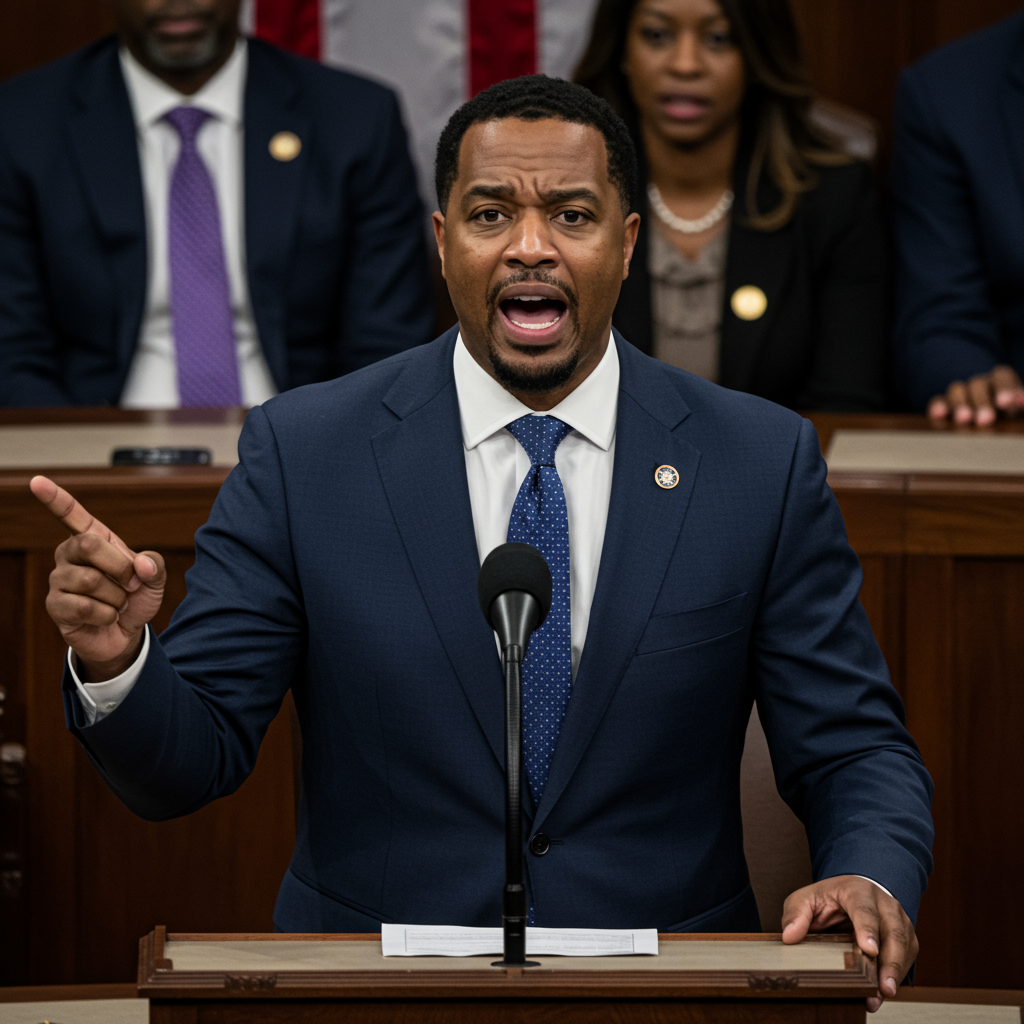Trump Faces G7 Leaders Amid Escalating Israel-Iran Conflict
As intense exchanges of missile fire continue between Israel and Iran, claiming lives on both sides, President Donald Trump arrived at the G7 summit in the Canadian Rockies facing pressure from European leaders to clarify his strategy for de-escalation. The escalating conflict is expected to be a central focus of discussions among the gathered leaders.
Before departing for the summit, President Trump addressed the situation, stating, “I hope there’s going to be a deal. I think it’s time for a deal,” but added a contentious remark: “sometimes they have to fight it out.”
This comment comes as European leaders expressed their intent to press Trump for a definitive answer on whether he plans to use his influence over Israeli Prime Minister Benjamin Netanyahu to secure a ceasefire, or if he is prepared to let the fighting continue.
European Leaders Question Trump’s Optimism
Trump has previously voiced confidence, boasting that “we can easily get a deal done between Iran and Israel, and end this bloody conflict.” He predicted “peace soon” between the warring nations. However, European leaders are expected to challenge the basis for this optimism and his largely unsubstantiated remarks, recalling past instances where Trump’s predictions on resolving complex conflicts, such as the Russia-Ukraine war, did not materialize rapidly.
The heightened hostilities have already impacted diplomatic channels. US talks with Iran concerning its civil nuclear program, which were scheduled prior to Israel’s assault, were cancelled due to the outbreak of intense fighting.
Behind the Scenes: Reported Veto and Trump’s Broader Middle East View
Amidst the escalating tensions, reports citing anonymous US officials indicated a significant decision recently made within the Trump administration: the reported veto of an Israeli plan to target Iran’s supreme leader, Ayatollah Ali Khamenei. This report underscores the high-stakes strategic considerations guiding the administration’s approach to the conflict.
Adding context to his approach to regional stability, earlier reports from a post-election press conference indicated Trump’s focus on the Middle East included efforts to secure the release of hostages held by Hamas in a previous phase of conflict. At that time, he issued a stern warning of severe consequences if those hostages were not freed by the time of his inauguration. He also commented on the perceived difficulty of resolving conflicts in the Middle East, suggesting it might be easier than ending the Russia-Ukraine war, and emphasized the need for both sides to be prepared to make a deal to stop the bloodshed.
A Look at Trump’s Return to the Presidency
President Trump’s participation in the G7 summit follows his victory in the 2024 presidential election against Vice President Kamala Harris. Harris presided over the peaceful certification of the election results, a process notably devoid of the turmoil seen in 2021, and conceded the loss shortly after the election. Trump’s return to the White House marked a significant shift, bringing expectations of changes across various policy areas, from trade, where Trump has championed the use of tariffs to make the US “rich,” to environmental regulations, potentially reversing measures like the extensive ban on new offshore oil and gas development in federal waters enacted by the Biden administration.
Also in the News:
Beyond the diplomatic and foreign policy discussions dominating the G7, other significant events unfolded:
Utah Protest Shooting: A demonstrator participating in Salt Lake City’s “No Kings” protest tragically died after being shot. Police identified the victim as Arthur Folasa Ah Loo, describing him as an innocent bystander, reportedly shot by a member of the event’s peacekeeping team.
Minnesota Lawmaker Shootings: A suspect was apprehended in connection with the shootings of two Minnesota legislators and their spouses. Vance Boelter stands accused of fatally shooting Democratic state representative Melissa Hortman and her husband, Mark, and seriously injuring state senator John Hoffman and his wife, Yvette.
These domestic incidents provide a snapshot of other challenges facing the nation as the President engaged with world leaders on pressing international issues.


